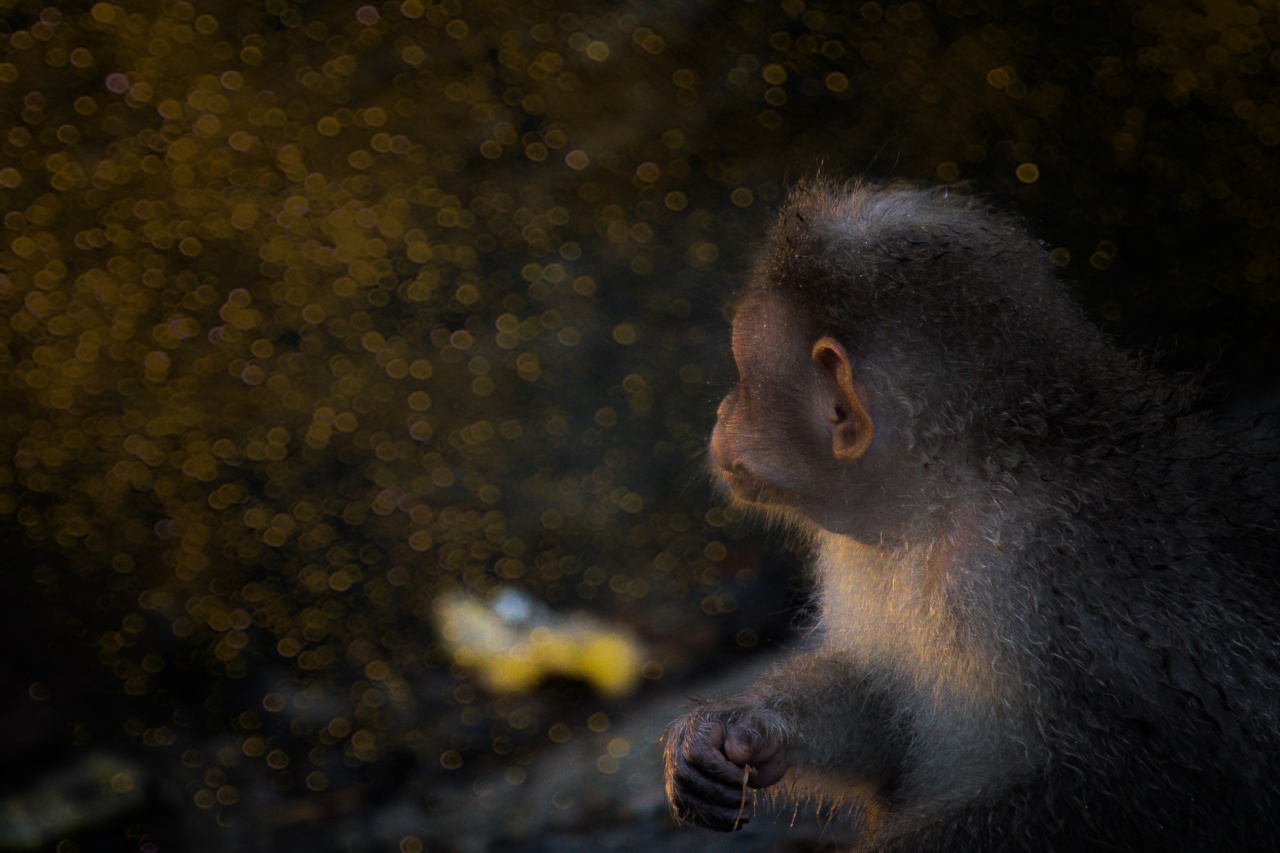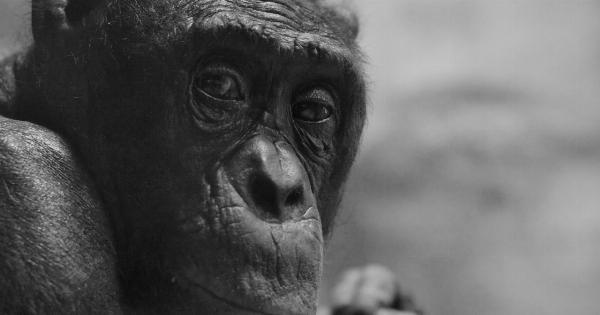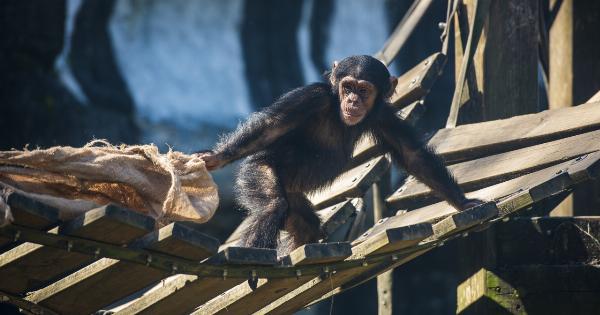Smallpox has been one of the most devastating diseases in human history, killing millions of people worldwide. However, it is not just humans who can contract smallpox.
In the early 20th century, scientists discovered another type of smallpox, known as monkeypox, which can affect monkeys and humans alike.
What is Monkey Smallpox?
Monkey smallpox, also known as monkeypox virus, is a viral disease that was first discovered in monkeys in Africa. The disease is caused by a virus called orthopoxvirus and is closely related to the smallpox virus.
The virus is spread through contact with infected animals, primarily rodents and monkeys, but can also be transmitted from person to person.
Symptoms of Monkey Smallpox
The symptoms of monkey smallpox are similar to those of smallpox in humans and can include:.
- Fever: A temperature spike above the normal range for the individual.
- Rash: A rash that develops and spreads over several days.
- Blisters: Blisters that form on the skin and fill with fluid.
- Headache: An intense and persistent headache.
Some people with monkey smallpox may also experience swollen lymph nodes, muscle aches, and fatigue.
Diagnosing Monkey Smallpox
Diagnosing monkey smallpox can be difficult as the symptoms are similar to other illnesses, such as chickenpox, measles, and smallpox.
To diagnose the disease, a doctor will need to take a blood or tissue sample and test it for the presence of the virus.
Treatment for Monkey Smallpox
Currently, there is no specific treatment for monkey smallpox. The virus is generally treated with supportive care, such as pain relief, antipyretics, and fluids.
In severe cases, hospitalization may be necessary for IV fluids and other supportive measures.
Preventing Monkey Smallpox
Preventing monkey smallpox involves avoiding contact with sick animals and following proper hygiene practices.
People who work with animals, such as veterinarians and wildlife biologists, are at an increased risk of contracting the virus and should take extra precautions to protect themselves.
Vaccination is not available for monkey smallpox, but the smallpox vaccine may provide some protection against the disease. However, this vaccine is no longer in use in the general population due to the eradication of smallpox.
The Outbreak of Monkey Smallpox in the US
In 2003, several cases of monkey smallpox were reported in the United States, marking the first outbreak of the disease outside of Africa. The outbreak was traced back to a shipment of African rodents that were being sold as pets.
Several people who had come in contact with the animals developed the disease, but no deaths were reported in the US outbreak.
Research on Monkey Smallpox
Research on monkey smallpox is ongoing, with scientists working to better understand the virus and develop treatments and vaccines. One area of study is the development of antivirals that can treat – and possibly prevent – monkey smallpox.
Researchers are also working to develop a vaccine for the disease.
Conclusion
Monkey smallpox is a viral disease that can affect both animals and humans. The disease is similar to smallpox in humans, with symptoms including fever, rash, and blisters.
There is no specific treatment for monkey smallpox, and prevention involves avoiding contact with sick animals and following proper hygiene practices.





























